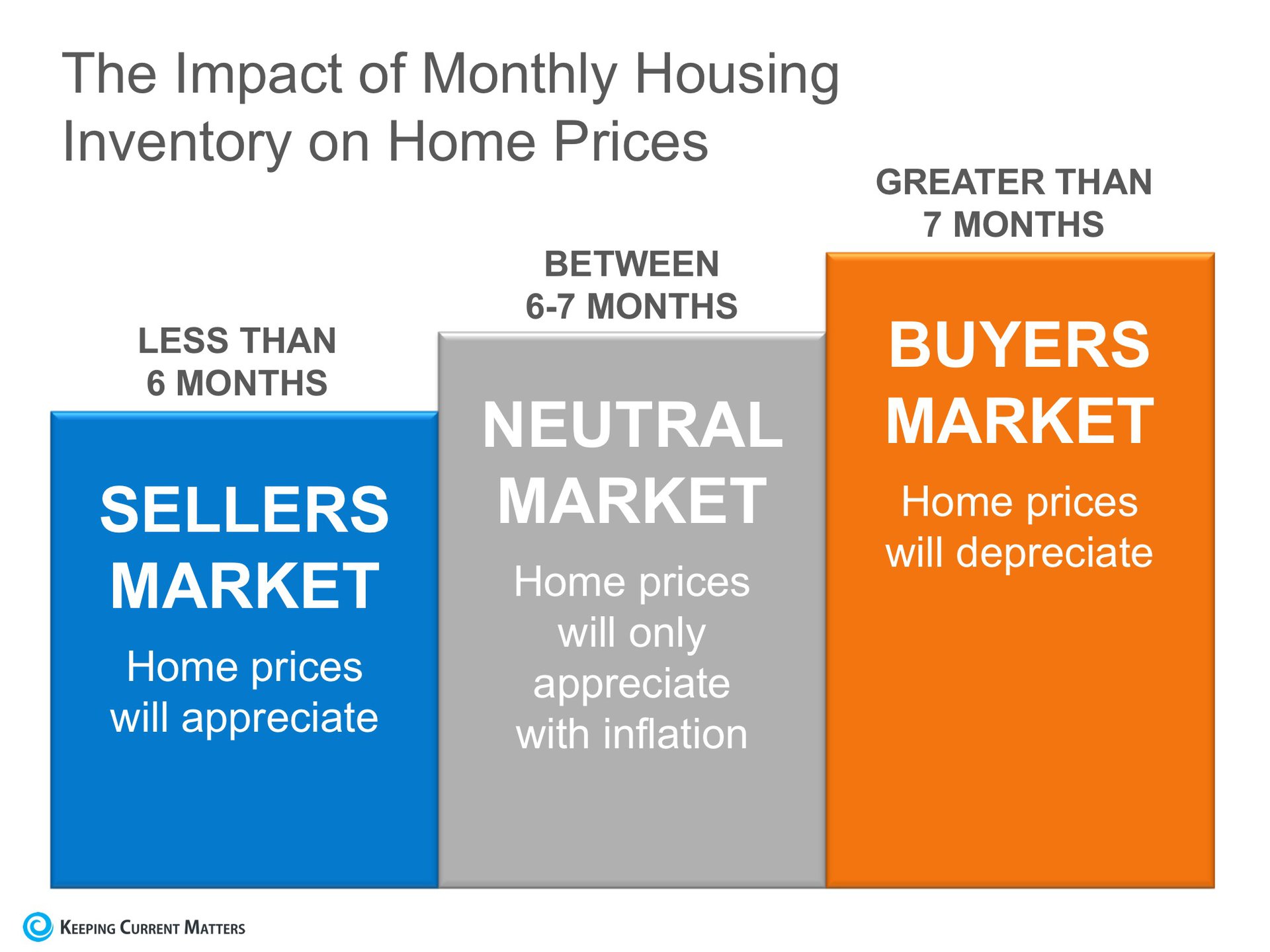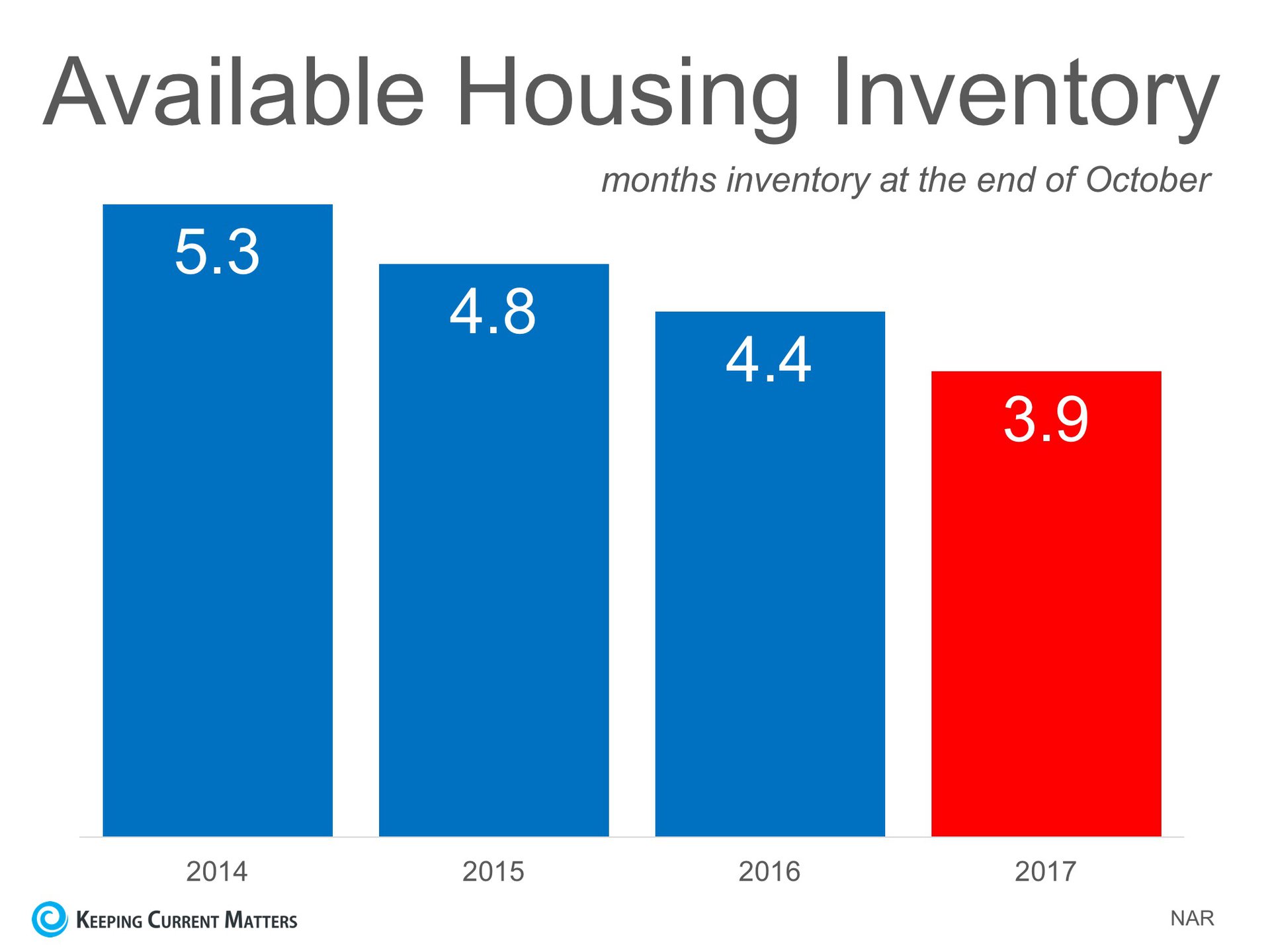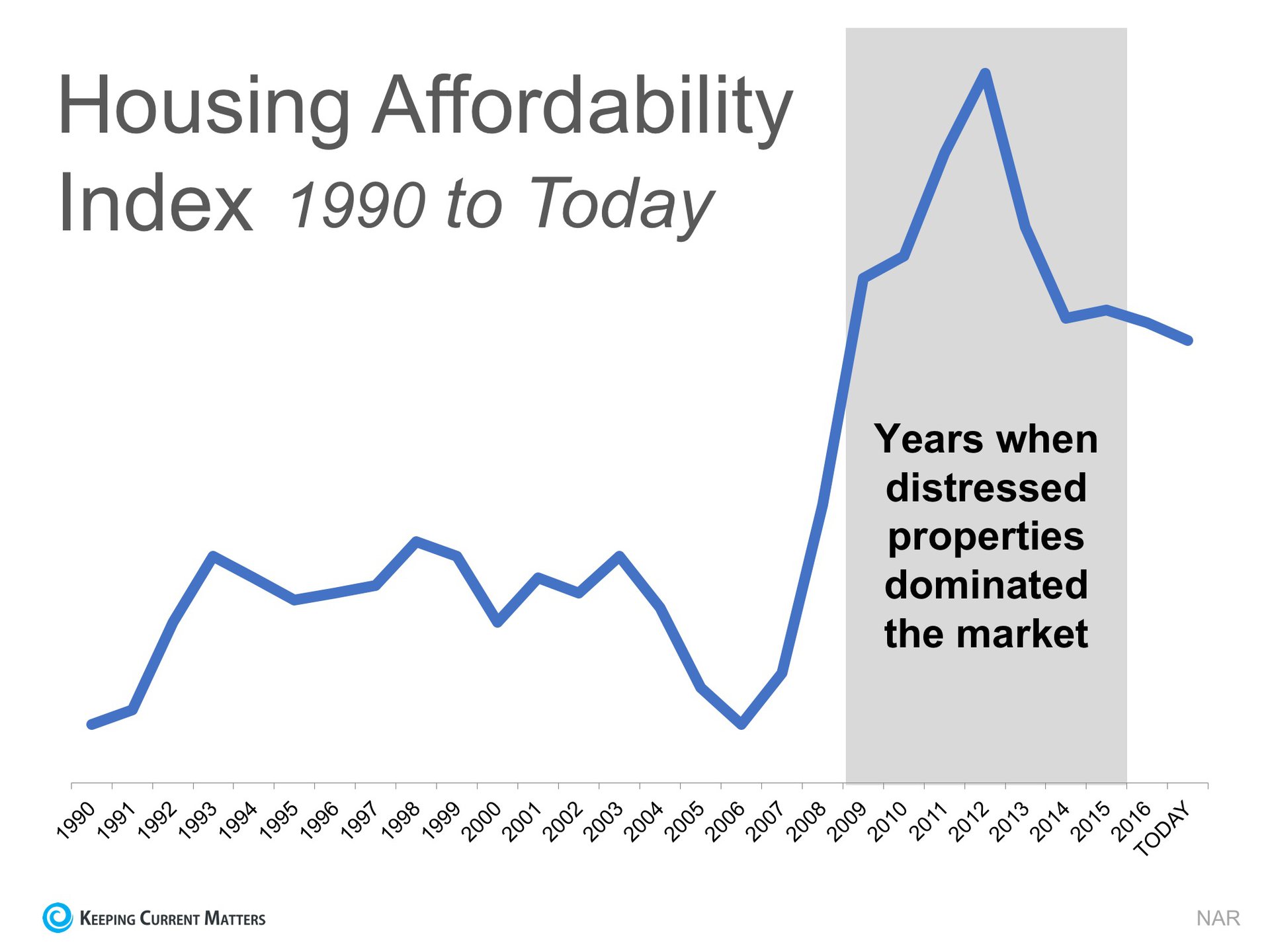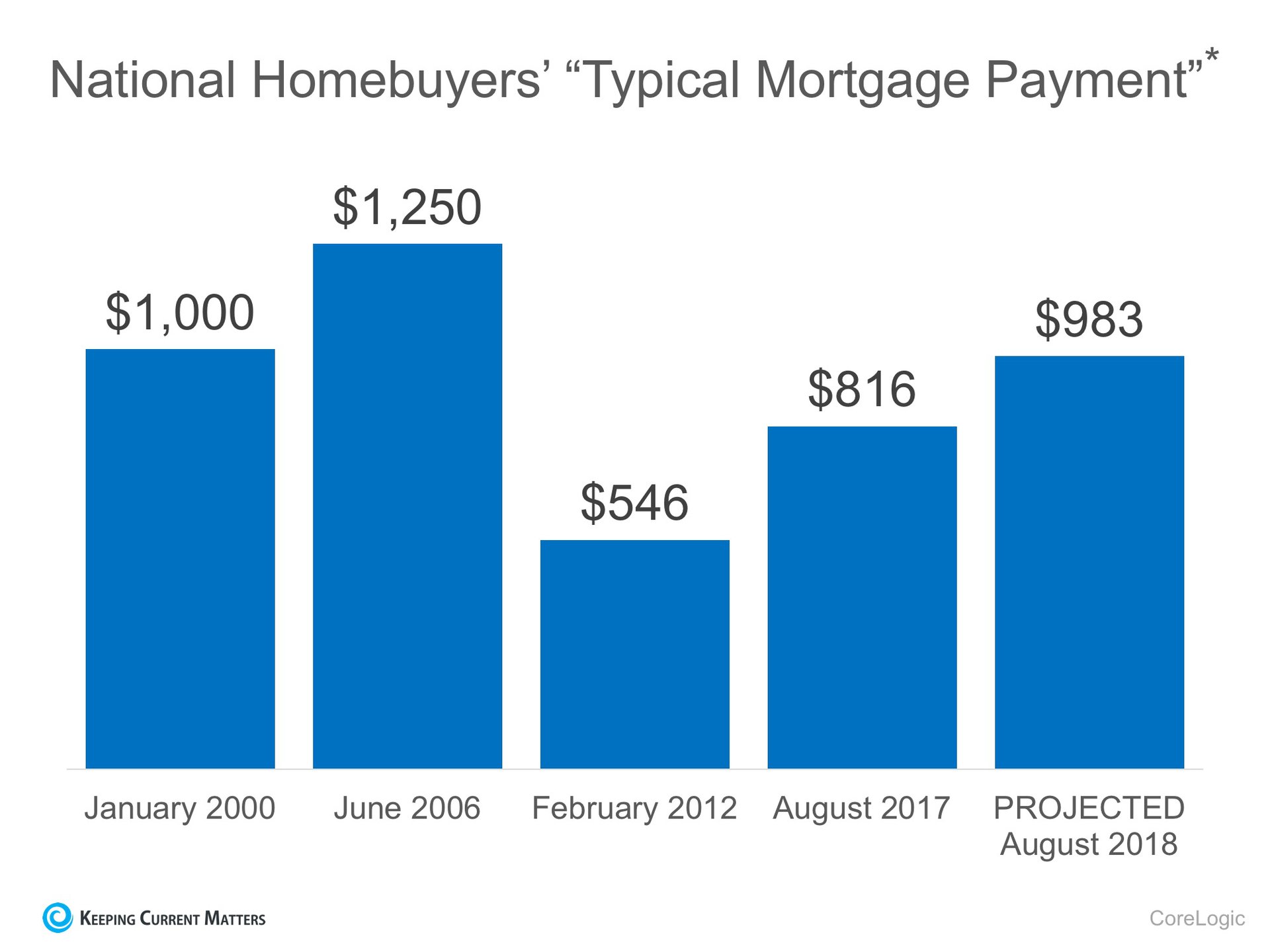In real estate, "the one that got away" stories get told and retold, usually with little satisfaction to the teller.
The real estate you didn't buy, but still wish you had, can weigh heavily on your mind and may even top your "Big Regrets List."
Every piece of real estate, vacant or otherwise, is unique. Once a property is sold, searching for its exact match is fruitless. Compromise becomes key.
Here's Five No-Regrets Buyer Strategies to spare you dreaming about a property you missed out on:
#1. View When You Can Buy: There's a whole group out there who casually visited an open house for a number of reasons but who were not ready to buy. When the property proved to be "it" — their dream home — and they could not buy it, missing out haunted future home searches. View homes when your finances are in place and you can put in an offer, just in case the open house you visit is the "one."
#2. Buy Before The Market Turns: When real estate prices are down or stalled, jump in. Your purchasing power goes further. Those who wait to see whether the market will come back or that a neighborhood will catch on can find themselves squeezed out of properties they could have afforded during the slump. Real estate professionals have been tracking prices and value longer than you have, so talk to them about where opportunity lies for you now.
#3. Buy The Abutting Condo Unit: If noise is an issue, buying the unit over yours can mean quieter living while expanding your home into a two-level delight. If you'd like to widen your terrace and add interior space in the process, consider purchasing an abutting unit. Before you select a condominium complex, check out rules on combining units to be sure you know your options. Contractors can tell you which approach makes sense and project costs. Keep an eye on what happens around you.
#4. Buy The Abutting Property: Keep in touch with the neighbors whose properties surround yours, so you act quickly when someone decides to sell. Protect your view by buying the vacant lot across the street; protect the mature trees edging your property by buying that land; protect your mutual driveway or other access by purchasing that abutting property; protect your solar rights before a new owner builds a sunshine-blocking monster home. Anticipation is a key talent in real estate ownership. It's not only what's happening now that should occupy owner's thoughts, but what could happen next to upset their current use and peace of mind.
# 5. Investigate That Amazing Property: Do you have a special lot or recreational property that you have always admired? Is there a house or condominium unit that you feel would suit you and your family beautifully? If the property you love is suddenly listed, act just as quickly to get your real estate professional working for you. You may have even put this expert on notice in case that property comes on the market. If you have your eye on a property that's not listed, tell your real estate professional and they'll approach the owner and get the ball rolling for you. Sometimes, this proactive approach nets buyers a dream home without having to search the market.
The ultimate strategy to ensure you get the real estate you want is to put in an offer!
That's the crucial task that real estate professionals take responsibility for by asking a buyer to put in an offer when they show interest in a property.
If you don't make it to the offer stage, that real estate may be a property that was never within your grasp in the first place.
Source: Realty Times | PJ Wade 120417











